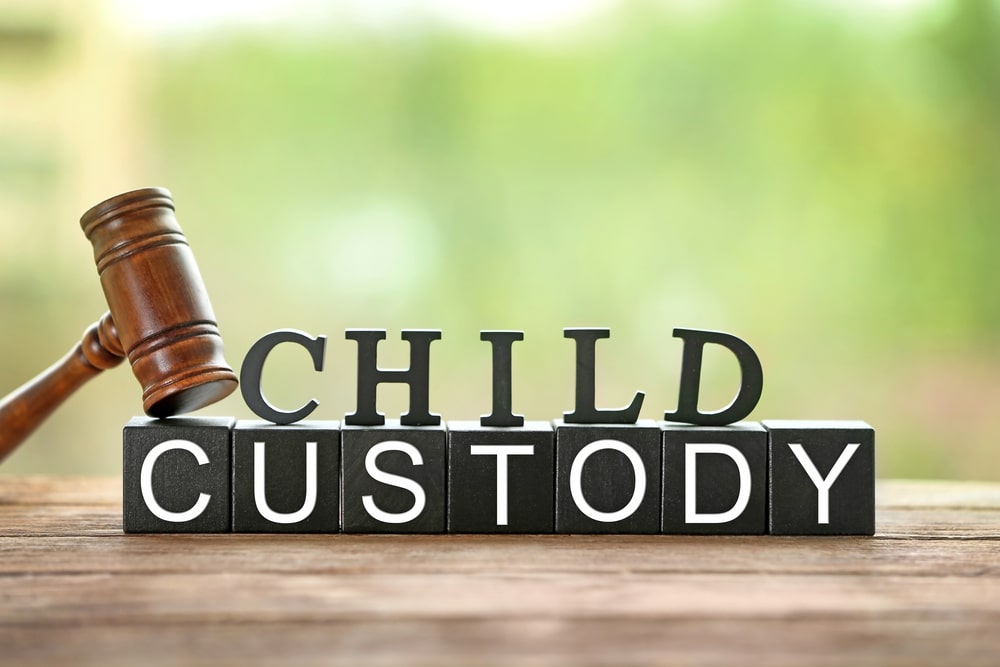When parents separate or divorce, child custody is usually at the top of the list of issues to resolve — and the most contentious.
Few parents are prepared to cede custody and so parents must work together for the best interests of the children. This means a fair custody and visitation schedule where the children get to spend adequate time with both parents.
That can be challenging during such stressful times and couples sometimes end up in the Calgary courts, locked in custody disputes. However, child custody mediation reduces the likelihood of a judge needing to decide.
What is child custody mediation and how does it work?
What is child custody mediation?
Generally speaking, child custody mediation is a voluntary process, chosen by parents to avoid the stress and expense of a court trial. A trained and independent mediator is hired jointly in an attempt to facilitate an agreement between the disputing parties.
The mediator may be a family lawyer or another neutral third party trained in mediation. It’s important to point out that he or she has no authority to make decisions or judgements and can provide no legal advice to either party in the custody dispute.
The mediator can advise of the potential outcomes of decisions but acceptance or rejection of any proposed agreement is ultimately up to each parent to decide.
Learn More → How to Succeed with your Alberta Divorce Mediation
How do you prepare for child custody mediation?
The success or failure of mediation often depends on the approach of the disputing parties to the mediation sessions. Preparation is important and you should consider the following before commencing mediation:
- Do you need legal advice on your custody rights and responsibilities from a family lawyer before starting mediation?
- What are the ideal custody and visitation arrangements for you? Write them down in detail and consider which aspects you can be flexible with.
- Do you have the relevant documentation about your child, including medical records, report cards, child therapist reports, etc.?
You should approach mediation calmly and with an attitude of collaboration and compromise rather than confrontation — ready to listen and make some concessions. The focus must always be on what’s best for your children.
Steps in the child custody mediation process
Child custody mediation has no set time limits. The number of mediation sessions you require will depend on several factors — most notably how far apart you and your ex-partner are in your custody and visitation expectations and your willingness to collaborate for the best interests of your children.
Generally, there are four steps in a successful child custody mediation process:
1. Introductory meeting
Firstly, the mediator will sit down with both parents (and your lawyers if you have hired them) and explain the rules about communication and confidentiality during the mediation process.
Both parties will be expected to agree and adhere to the rules.
2. Identification of the main issues
You’re in mediation to resolve contested issues. These issues must first be identified in full and categorized in order of priority if the process is to be successful.
Some issues may be pressing, like your child’s special health or educational requirements while other issues are less so.
3. Discussion of potential solutions
When potential solutions are discussed, an attitude of transparency and compromise with your ex is essential for success. There must be give and take.
Discuss what’s fair and listen to the other side, keeping your child’s best interests at the centre of all discussions and decisions.
4. Drafting and signing the custody agreement
If you resolve all of your custody issues in mediation, a child custody agreement can be drawn up by your mediator.
Before you and your ex-spouse sign and submit the agreement to the court, it’s important to review the contents carefully.
The experience and guidance of a family lawyer can be especially useful during this process because if you miss something important, it could have serious unintended consequences.
What are the most common issues discussed during custody mediation?
Each child custody case is unique but the same issues tend to arise again and again in such cases.
Most notably, these are:
- Where the children should live
- Whether there are any plans for either parent to remarry
- Whether there are any plans for either parent to relocate
- Custody changes in the event of relocation
- Visitation during holidays
- The children’s health, educational and social needs
- The children’s religious upbringing
- How to discipline the children consistently
- Child support
- Child care arrangements
- How to resolve any future disputes
Being prepared to discuss all of the above, if necessary, will increase the likelihood of successful child custody mediation.
What if mediation doesn’t work and you have to go to court?
Mediation may solve all, some or none of your outstanding child custody dispute issues.
Unless all issues are resolved in mediation, a court trial may still be required if the outstanding issues cannot be resolved by other means, such as arbitration.
The majority of cases are solved before trial, which is usually in the interests of both parents and children — it’s less stressful, less expensive, and less time-consuming.
However, sometimes, the only option left is for a judge to decide on matters like custody, parenting, and child support. Your family lawyer can advise you on your legal options and the processes involved in preparing for a trial.
At Jennings Family Law in Calgary, our lawyers can help you resolve even the most complex family law matters. Call (403) 316-0138 to request a confidential consultation, contact us directly online, or email Warren Jennings directly at warren@jenningsfamilylaw.com.




